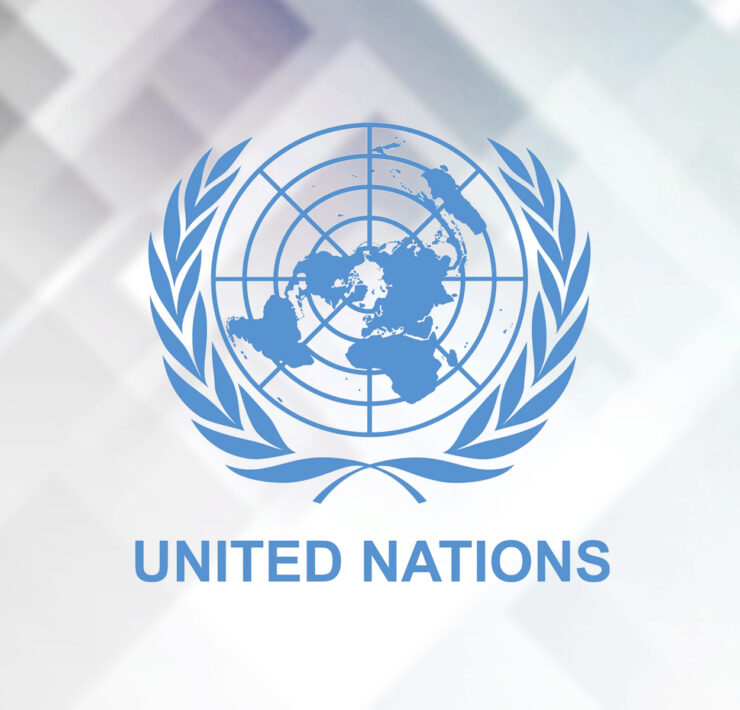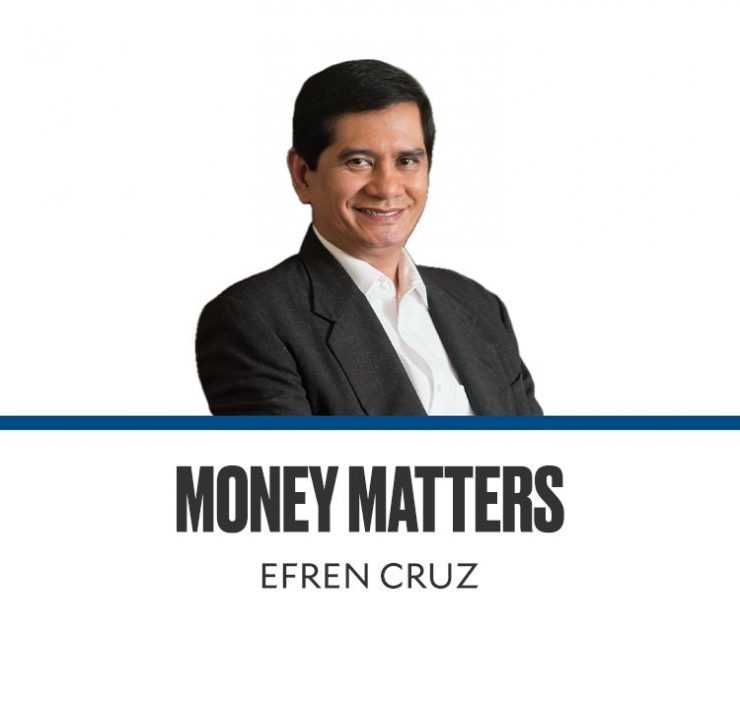Gov’t set to be more liberal with incentives
@ipcigaral
The government will now be more liberal in giving incentives to proponents of public-private partnership (PPP) projects in a bid to attract more companies that could help in the infrastructure build-up.
The recently enacted PPP code would enable a “fairer risk allocation” for both the government and private sector to reduce investment risks and ensure the financial sustainability of projects, Jeffrey Manalo, deputy executive director at PPP Center, said in an interview.
“This government is very much conscious that for the private sector to come in, the government needs to take some risks,” Manalo said.
“And those risks are subject to the approval of the approving body,” he added.
Manalo said the new PPP code, which took effect on Dec. 23, clarified the “ambiguous concepts” in the 33-year-old build-operate-and -transfer law. Such vague concepts include the kind of incentives that the government can give to PPP proponents.
Manalo said existing rules on granting incentives would still apply on every project, particularly the provisions under the Duterte-era corporate tax reform law.
Still no to guarantees
However, the PPP code now has a negative list of undertakings that the government cannot do to unsolicited proposals, including giving subsidies, additional tax exemptions and guarantees to partner companies.
The previous Duterte administration had opposed what it described as costly guarantee clauses on PPPs that would assure the contractor payments in case the project fails.
That policy was adopted across former President Rodrigo Duterte’s “Build, Build, Build” infrastructure program, which initially saw projects mostly funded either by official development assistance or taxpayer money. At the time, projects were transferred only to private companies for operations.
When he took office, President Marcos said he would revive PPP as a major funding source for his P9-trillion infrastructure agenda.
“The law has nothing specific on making it faster to get incentives,” Manalo explained. “But rather, it made clear what could be and could not be given to unsolicited proposals. So, the law is now more predictable.” INQ




















